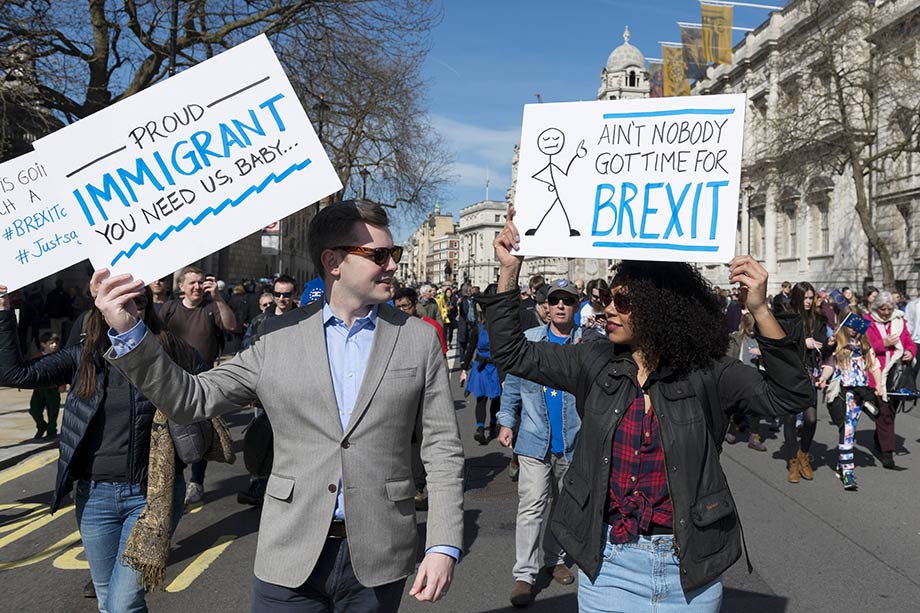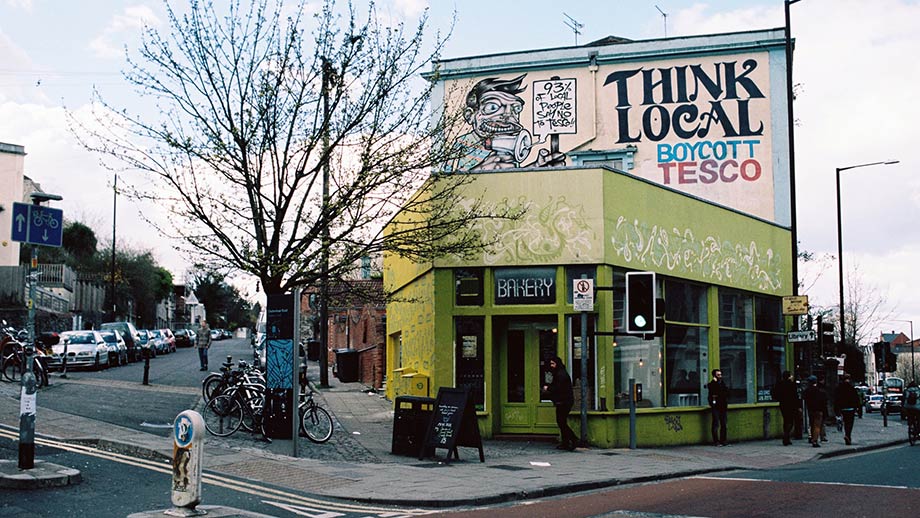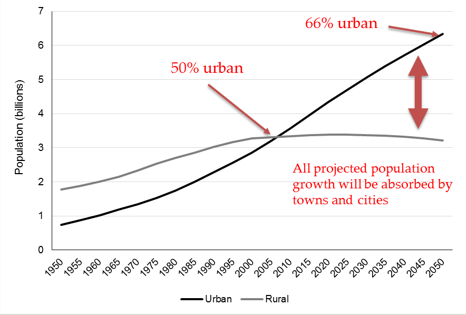This blog was written by Malu Villela Garcia & Alice Willatt, researchers at the University of Bristol working on an IEI Bristol+Bath Creative R&D project.
The creative industries are not short of paradoxes. A culture of flexibility, self-management and creativity exists alongside precarious working conditions, excessive working hours, and a lack of inclusion and diversity. In the past months we’ve spoken with ten representatives from alternative organisations in the Bristol and Bath region to explore whether their business models are more effectively tackling the challenges faced by the industry. Here we discuss our main findings and propose some solutions.
‘Alternative’ business models
What do we mean by ‘alternative’ business models? These are businesses which put social and environmental goals alongside or before profit through democratic ownership and governance structures. They are referred to as ‘alternative’ because of how they seek to distinguish themselves from traditional shareholder-led, profit-driven, mainstream types of business. But the extent to which they manage to move away from this traditional model lies in a spectrum. Towards the more democratic and socially-oriented end, we see cooperative and employee-owned models, whereas towards the more commercial end we can find social enterprises and mission-led businesses (such as B Corps). Continue reading


 By
By








